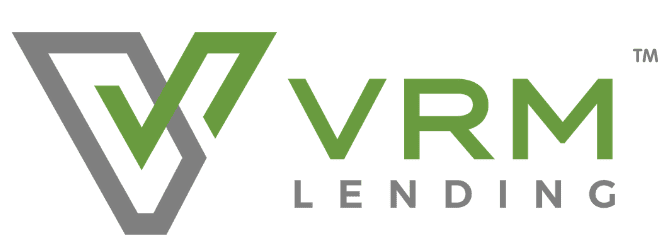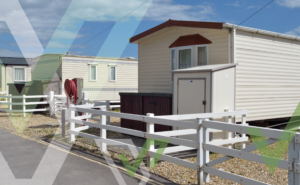[vc_row][vc_column][vc_column_text]
What Does a Closing Cost Include When Buying a Home?
[/vc_column_text][/vc_column][/vc_row][vc_row][vc_column][vc_column_text]When it comes to the property buying process, there’s a ton of terminology that needs to be kept in mind. From amortization all the way to contingencies, it’s essentially one vocabulary lesson after the other. As a real estate professional, closing cost is a term that will consistently be brought up — whether it’s by a fellow lender or a client. While you may know what it is on a high level, you may not know how to describe each piece of information that makes up a closing cost — and, as closing costs often make up anywhere between 2% and 5% of a home loan, it’s important to know the details.
Here’s what you need to know about closing costs and what’s included in them:
- Any lender fees: Lender fees are typically paid at closing. This includes any legitimate fees the lender charges to process, approve, decline, or fund the mortgage loan
- Appraisal fees: The cost of a property appraisal or survey is usually wrapped into closing costs, and they are typically always recommended (if not required) for any property purchase.
- Title fees and title insurance: Most of a closing cost is related to the title, which includes Lender title insurance (usually not an optional addition) and settlement fees. Title insurance is often not an optional addition.
- HOA fees or homeowner’s insurance premiums: Often, most property purchases require a year of property insurance to be paid in advance — and, depending on your location, homeowner’s association fees may also be paid in advance.
- Attorney fees: Depending on the state you’re purchasing property in, attorney fees may be added.
- Property tax: You will likely need to pay property taxes in advance — typically both buyer and seller pay a prorated amount of property taxes to cover charges for the amount of time they individually will/have lived in the property — which is rolled into closing costs.
- Private mortgage insurance: Depending on the amount put down at signing, private mortgage insurance (or PMI) may be required to protect the lender — especially if you put down less than 20%.
- Additional miscellaneous costs: While you shouldn’t be paying a ton of random costs — if any — in closing, there are several miscellaneous costs that may be included. From local requirements all the way to agent commissions, there are several things you’ll want to pay attention to.
Closing costs when buying a property should never be a surprise — and your loan estimate will include a closing cost estimate, as well. To make sure you’re not paying too much, pay special attention to your closing disclosure — a document you should receive at least three days before closing that details your closing costs.
At VRM Lending, we strive to make finding — and financing — properties easy as possible. If you or a client is ready to get in a dream property, contact us today.[/vc_column_text][/vc_column][/vc_row]







